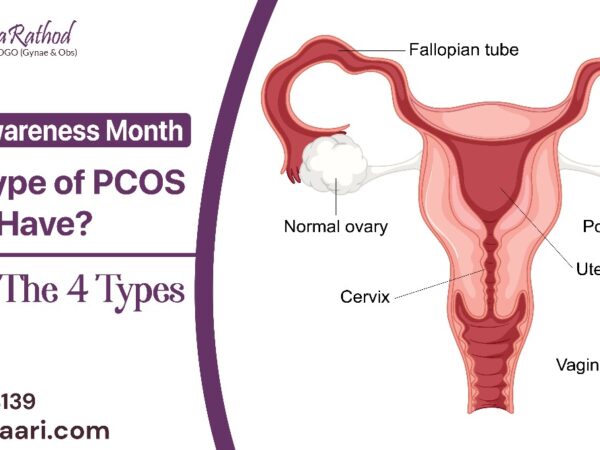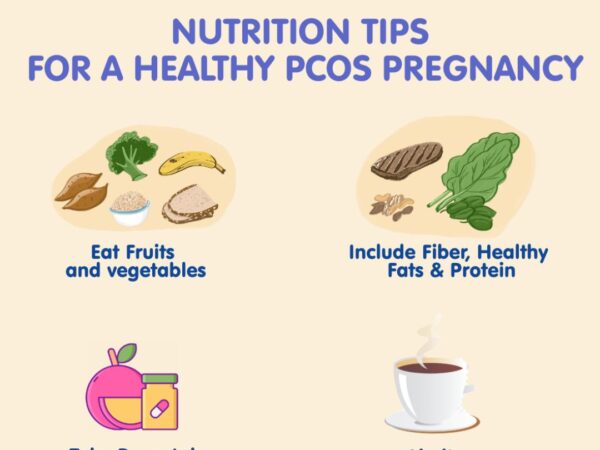An important element of World Health Day is women’s health. Celebrated on the 7th of April every year, World Health Day is organized by WHO and associated organizations. The purpose of celebrating this day is to spread awareness about health, prevention of diseases, and making healthcare services accessible to all.
Women go through many health-related changes throughout their life. From menstruation to childbirth to menopause, each phase comes with unique challenges. You should know what your body goes through, what’s normal, and when to see a gynecologist in Bhiwandi Thane West. On this World’s Health Day, let’s discuss women’s health care.
Puberty
When a woman enters her adolescent years, her menstrual cycle begins. It’s of utmost importance that they are aware of the symptoms, hygiene, and proper care during this period. The painful symptoms, including severe menstrual cramps, and constant bleeding for 3-7 days can be tricky to cope with. Young girls should get vaccinated to reduce the risk of cervical cancer at 12-13 years. This is also the right time to teach your young daughters about the importance of safe sex.
Check out : Important Women’s Preventive Health Care Tips
Adult (Childbearing Age)
Menstrual irregularities can occur in women with thyroid or other hormonal issues. Visit a PCOS specialist in Thane West if you notice an irregular menstrual cycle, unbearable pain, spotting in between your menstrual cycle, and delayed periods.
Planning pregnancy before conceiving can make your journey a lot easier and healthier for you and the baby. The doctor will recommend folic acid supplements to promote proper growth for your little one.
At this age, you should start taking a pap smear test every 6 months. Self-testing for breast cancer is also a good practice once you reach 35 years. See a gynecologist immediately if you notice any changes in your breast size or color.
Menopause
An average woman reaches menopause at the age of 50, although it can be earlier for some women. Others might notice no signs of menopause until 60. This period brings a set of unusual symptoms, such as hot flashes, irregular menstrual periods, missed periods, and so on. You can rest easy knowing that you have reached menopause when you have missed your period for 12 months. Bleeding post-menopause is not normal. The doctor may order a biopsy, ultrasound, pap smear, and other tests to rule out ovarian cancer.
General Awareness
Drink 2-3 liters of water daily to stay hydrated and energetic throughout the day. Your diet is key to your overall growth and well-being. Add fruits, veggies, lean protein, and foods rich in vitamins and minerals to your diet. Practice exercise regularly and if possible, start your day with yoga and meditation to deal with stress.
It’s advisable to see a gynecologist every year, especially if you have a family history of chronic diseases. Self-examination can help you detect certain health issues at an early stage. Regular exercise also acts as a natural painkiller. They uplift your mood and help you deal with menstrual pain easily. Before trying anything, discuss it with a gynecologist.
Also read to take care of your health : Amazing Benefits Of Yoga For Women



Comments are closed.